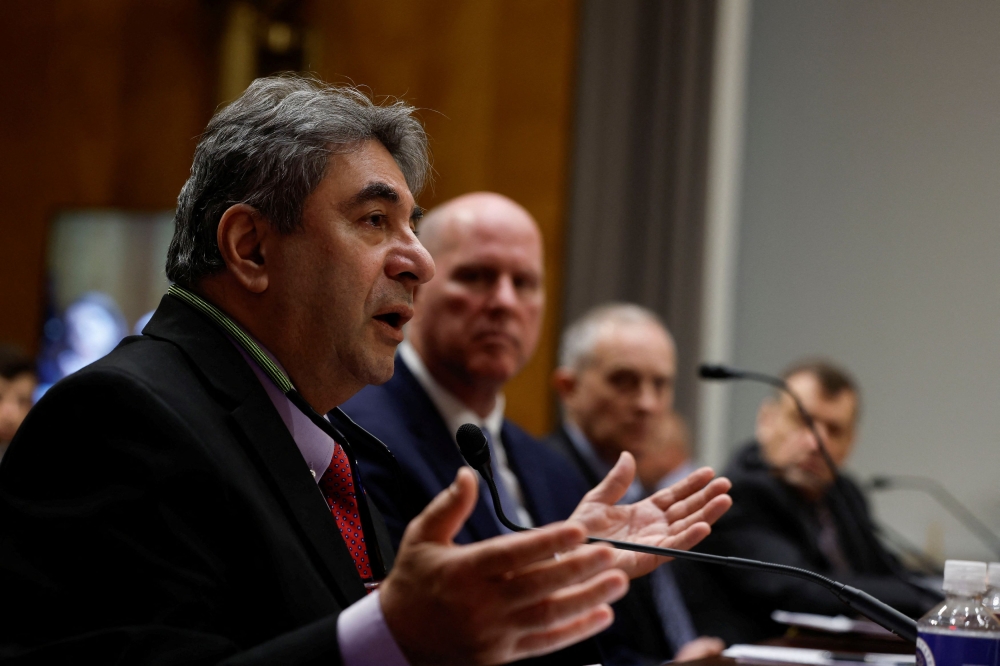WASHINGTON, April 24 — The Federal Aviation Administration said Tuesday it is investigating a union’s claims that Boeing retaliated against two employees who in 2022 insisted the planemaker re-evaluate prior engineering work on 777 and 787 jets.
The Society of Professional Engineering Employees in Aerospace (SPEEA) said the two unidentified engineers were representatives of the FAA, which delegates some of its oversight authority and certification process to Boeing workers.
The union filed an unfair labour practice complaint with the National Labor Relations Board last week, saying the two engineers had received identical negative evaluations after the incident.
Boeing said in a statement it has “zero tolerance for retaliation and encourage our employees to speak up when they see an issue. After an extensive review of documentation and interviewing more than a dozen witnesses, our investigators found no evidence of retaliation or interference. We have determined the allegations are unsubstantiated.”
One of the two workers has quit Boeing, the union said.
The FAA noted on Tuesday that in 2022 it boosted oversight of planemakers by protecting aviation industry employees who perform agency functions from interference by their employers. A December 2021 Senate report found “FAA’s certification process suffers from undue pressure on line engineers and production staff.”
“Boeing can tell Congress and the media all it wants about how retaliation is strictly prohibited,” said SPEEA Director of Strategic Development Rich Plunkett. “But our union is fighting retaliation cases on a regular basis, and, in this specific case, Boeing is trying to hide information that would shed light on what happened.”
The union filed the complaint seeking access to a report Boeing submitted to the FAA about the incident.
The union said the engineers were at odds with Boeing managers in 2022, when “they insisted on using a different set of assumptions in the analysis of the on-board computer networks on Boeing 777s and 787s, in order to comply with the new FAA guidance.”
The union said Boeing managers objected, saying it would cost money and cause production delays. After nearly six months of debate, the two engineers, with FAA backing, prevailed and Boeing re-did the required analysis, the union added.

Last week, Boeing quality engineer whistleblower Sam Salehpour, who raised questions about Boeing widebody jets, told senators he was told to “shut up” when he flagged safety concerns. He has said he was removed from the 787 programme and transferred to the 777 jet due to his questions. — Reuters






















